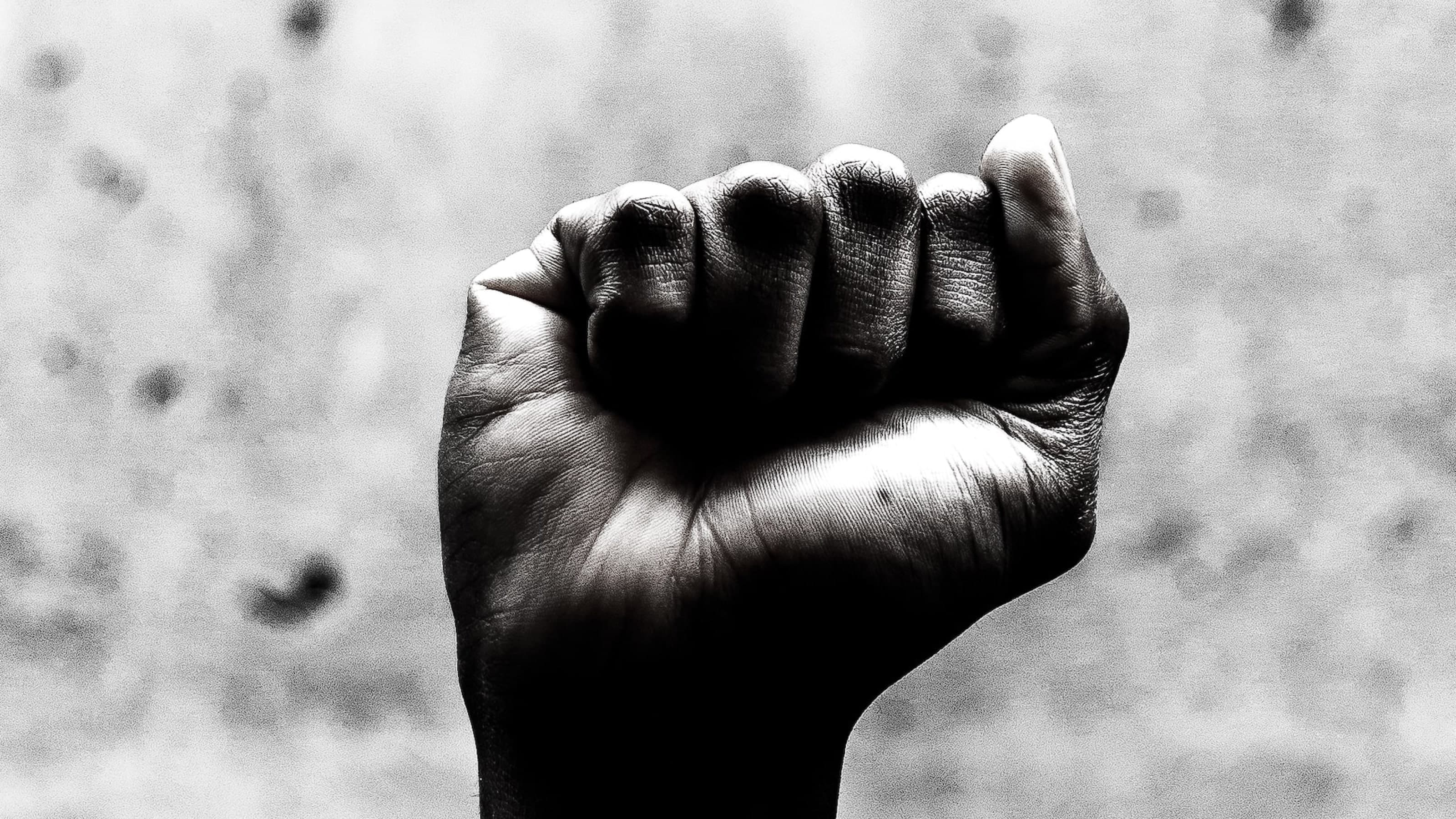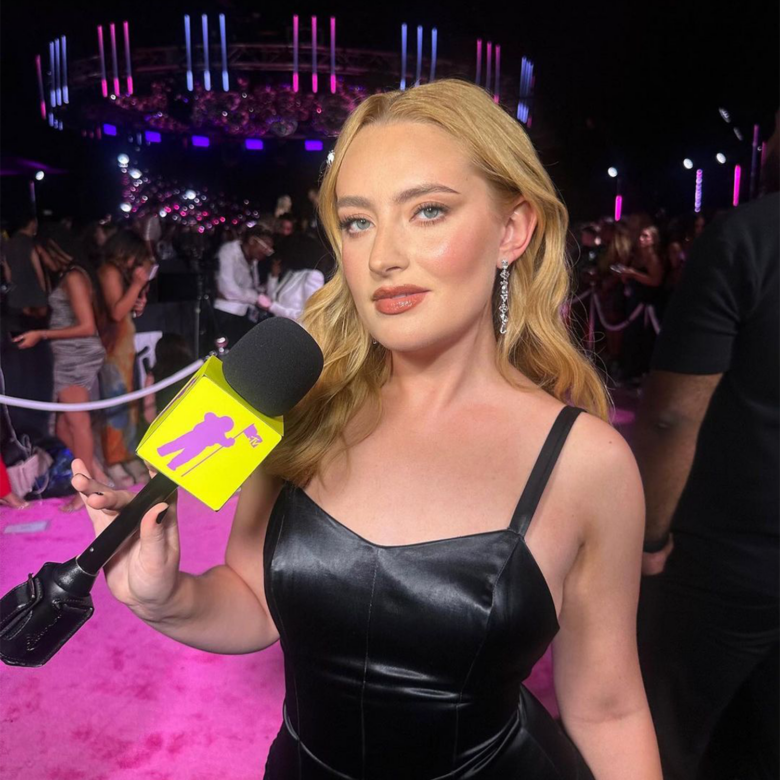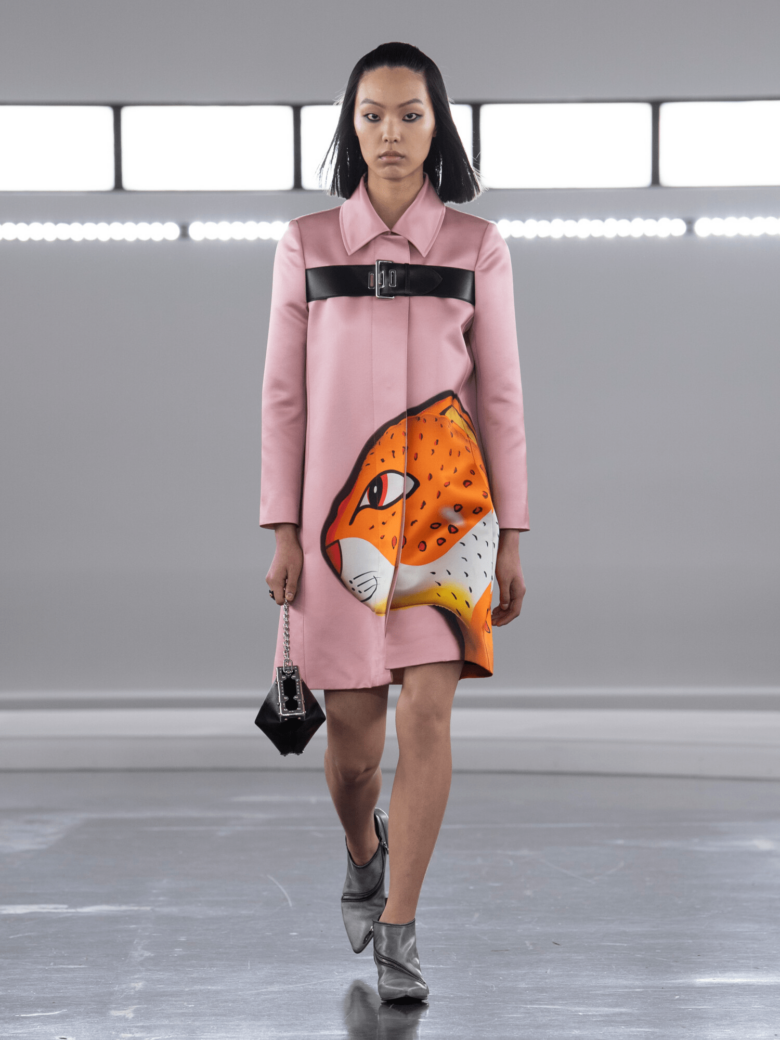“I don’t like Black people, but you’re different” — MOBB founder Diane Louise Jordan tells HUNGER about being Black and British in the 80s

When I was young I was repeatedly told: “I don’t like black people, but I like you, you’re different”.
I was the only black person they’d met.
In the early ‘80s whilst looking for student accommodation I phoned a prospective landlady. She was friendly, welcoming and most certainly had a room to let. Within minutes I was on her doorstep, but when she saw me her warmth vanished, and so too did the room.
My friend Anthea recently reminded me of a comment I made decades ago during our Blue Peter days: “What you may not understand is here in Britain I’m Jamaican, and in Jamaica I’m British. So who am I? Where does this first generation British born child belong”?
To complicate things further, my Home Counties upbringing provoked some people from the same ethnic profile as me, to label me a “coconut” (black on the outside, white inside) — “superficially black”.
An older gentleman, who came to Britain as a Kenyan Asian refugee, told me that everyone has been very nice to him, and that the British have looked after him… But a colleague, the same age as me, didn’t see a black person until in his teens.
So what does it mean to be British, and how do our everyday lives tell the story of The Making of Black Britain?
Earlier this year, my team and I launched The Making of Black Britain (MOBB), a mass story-gathering project inviting everyone, of every colour, class, creed and generation, from across the UK, to express and explore what it means to be British.
Central to MOBB’s mission is the creation of a national oral history archive, which documents the transformation of Britain from 1948, when a Nationality Act was passed that triggered mass migration to the UK from Commonwealth countries.
In the lead-up to next year’s 75th anniversary of the 1948 Act, my team and I have been gathering personal stories which share insight, and challenge how we think about one another. One story I particularly remember is that of a lady from the suburbs, and how her unfavourable views towards those involved in post-code wars changed after listening to a MOBB story.
Another story I’ll never forget is that of the pregnant New Cross fire survivor who defied death and gave birth, despite landing on her head jumping from a second-floor window.
The simple act of sharing stories reveals the complex reality of our lives, from the very painful to the triumphant.
MOBB has collected stories in people’s homes, in the community, and in the workplace. The environments may differ but as these very human stories testify, when we seek to know one another personally rather than through the limiting labels we sometimes use to protect ourselves, barriers can come down.
We live in unprecedented times where for the first time in my memory space has been given for voices like mine to be heard. The paradox is we’re also living in a time where many of us are scared to speak for fear of being cancelled.
MOBB bridges the gap. It is a space where all voices can be heard without judgement.

